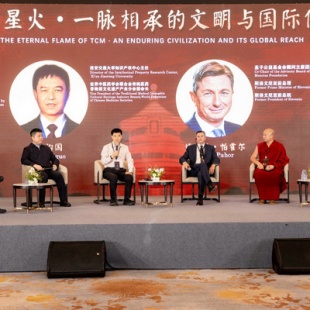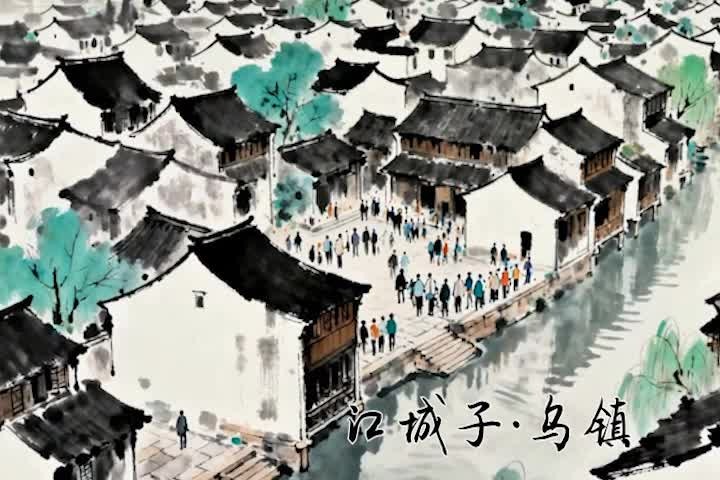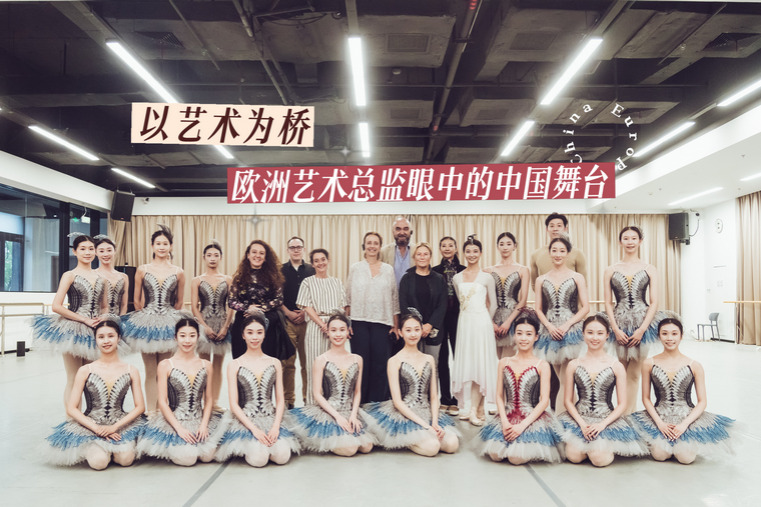Changsha event celebrates TCM and women's legacy

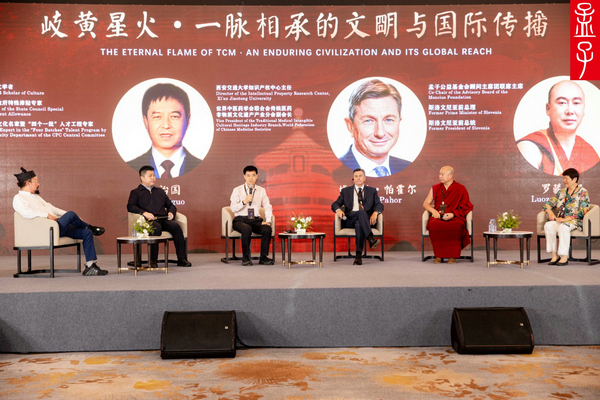
A group of former political leaders, scholars and entrepreneurs from home and abroad gathered Tuesday in Changsha, central China's Hunan province, for the 6th Oriental Civilization Summit Dialogue. During the event, participants delivered keynote speeches and engaged in themed discussions on the allure of traditional Chinese medicine (TCM) and the illustrious legacy of ancient Chinese women.
In his opening remarks, Meng Liang, founder and chair of the Mencius Foundation, said that the event was held in Changsha because of the city's rich TCM heritage.
According to Meng, the ancient medical text Wushi'er Bingfang, or Recipes for Fifty-Two Ailments, and the Daoyin Tu, a painted scroll depicting a series of therapeutic exercises, were unearthed from the Mawangdui Han Tombs, which date back more than 2,200 years.
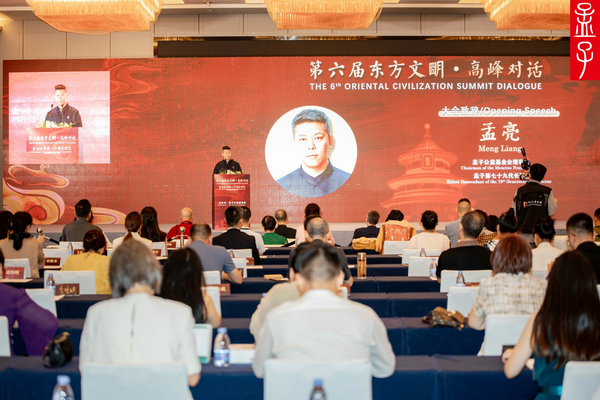
"The two artifacts demonstrate that TCM is based on the philosophy of unity between man and nature," he commented.
Meng also highlighted the power of female narrative embodied by Nyushu, a gender-specific writing system created by and for women, which can be traced to Jiangyong county, Hunan province, and the ingenuity and resilience of the women practicing Hunan-style Xiang embroidery.


